Telephones have been an essential tool for modern communication for over a century and continue to play a crucial role in our lives today. Telephones enable us to communicate quickly and efficiently, helping us to save time and increase productivity. Users also use telephone lines to access the internet and carry data.
Different Types of Telephone Cables
-
Twisted Pair Cable
This is the most common type of telephone cable and consists of two insulated copper wires twisted together to reduce interference from external sources. It may or may not have a metal shield to reduce interference from external sources. -
Coaxial Cable
This type of cable has a copper core surrounded by a layer of insulation surrounded by a second conductor and an outer insulation layer. Coaxial cable is used for high-speed data transmission. -
Fiber Optic Cable
This type of cable uses thin strands of glass or plastic to transmit data using light. Fiber optic cable permits high-speed data transmission over long distances. Each optic fiber has a coating of plastic in a protective tube, which makes it resistant to interference from external sources. The use of fiber optic cables can result in internet connectivity, which is 26,000 times faster than twisted pair cables.
Different Types of Telephone Connectors
-
Telephone Wire Connectors
connect audio equipment and communication devices. They come in various shapes and sizes, with each Landline Connector designed for a specific purpose. Some of the most common types of telephone connectors used in modern communication systems include: -
RJ11 Connector
The RJ11 connector is a standard Landline Phone Connector for connecting analog telephones in homes and small offices to the telephone network. It has six positions, but voice communication uses only two or four of them. -
RJ45 Connector
The RJ45 connector is a more advanced connector for Ethernet networking. It has eight positions and permits high-speed data transfer. It finds common use in offices, data centers, and other commercial environments. -
USB Connector
The USB connector is a versatile connector used for several purposes, including charging and data transfer. It commonly connects smartphones, tablets, and other mobile devices to computers and charging adapters. -
3.5mm Connector
The 3.5 mm connector is a small audio connector to connect headphones, microphones, and other audio equipment to smartphones, laptops, and other devices. -
XLR Connector
It is a professional audio connector used in the music and entertainment industry to connect microphones, amplifiers, and other audio equipment. It has three pins and provides a balanced audio signal. -
TRS Connector
The TRS connector is a multi-purpose connector used for audio and video applications in headphones, microphones, and other audio equipment. It has three or four contacts, depending on the application. -
BNC Connector
The BNC connector is a coaxial type connector used for video and RF applications in surveillance cameras, network equipment, and other devices that require high-speed data transfer.
The Importance of High-Quality Telephone Wire Connectors
-
Reliability
High-quality Telephone Cable Connectors provide reliable and consistent connectivity. They can withstand frequent use, high temperatures, and exposure to environmental elements, such as moisture and dust. It is important in modern communication systems, where a loss of connection or interruption can have serious consequences, such as dropped calls or lost data. -
Durability
Telephone connectors made of high-quality materials and designed to withstand frequent use can ensure they will last longer and require less frequent replacement. It helps reduce downtime and maintenance costs. -
Compatibility
High-quality connectors are compatible with a wide range of devices and systems. It is especially important in modern communication systems, which rely on multiple devices and platforms to connect. A high-quality Landline Cable Connector can ensure seamless compatibility between different devices, reducing the need for additional adapters or equipment. -
Signal quality
A high-quality telephone connector can ensure the signal is transmitted without any loss of quality. It is critical for clear, uninterrupted communication and especially important for applications, like video conferencing and online gaming. High-quality connectors can help eliminate noise, interference, and other factors that can degrade signal quality. -
Safety
Telephone connectors meeting industry standards for safety can help prevent accidents such as electrical shock or fire hazards, making them a critical component in any modern communication system. High-quality connectors provide safe and reliable connectivity, minimizing the risk of accidents or malfunctions.
KEI Industries – An Established Leader in Modern Telephony
High-quality telephone connectors are crucial for modern communication systems and can help ensure reliable, durable, and safe connectivity for varied applications. They are essential for connecting different devices, such as telephones, headsets, and other communication devices, to the network infrastructure. KEI is among the leading Telephone Cables Manufacturers in India. The New Delhi headquartered company offers a wide range Extra-High Voltage (EHV), Medium Voltage (MV), and Low Voltage (LV) power cables. KEI Industries manufactures all types of communication cables, like telephone cables, CCTV cables, coaxial cables, CAT 6 UTP Cables, etc., finding widespread use in voice telephony, data transmission, Ethernet connectivity, and networking applications. KEI has world-class manufacturing facilities at multiple locations and is uniquely poised to serve the needs of a wide spectrum of customers in the retail, institutional, and export segments.







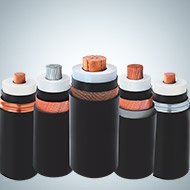
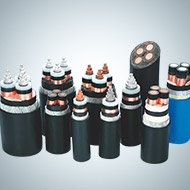
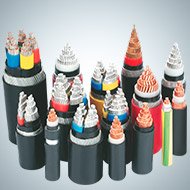
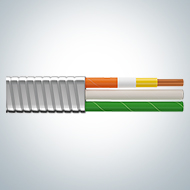
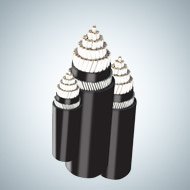

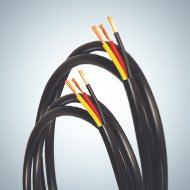
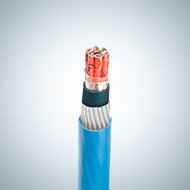
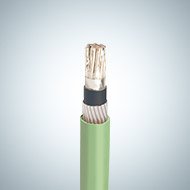
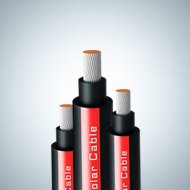
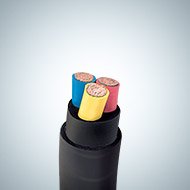
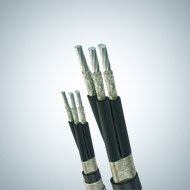
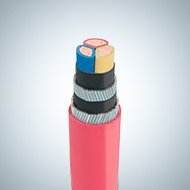
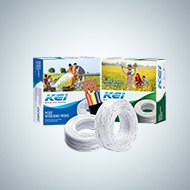

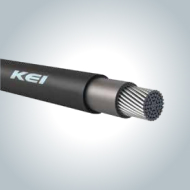
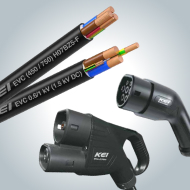























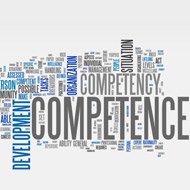



 Subscribe Newsletter
Subscribe Newsletter